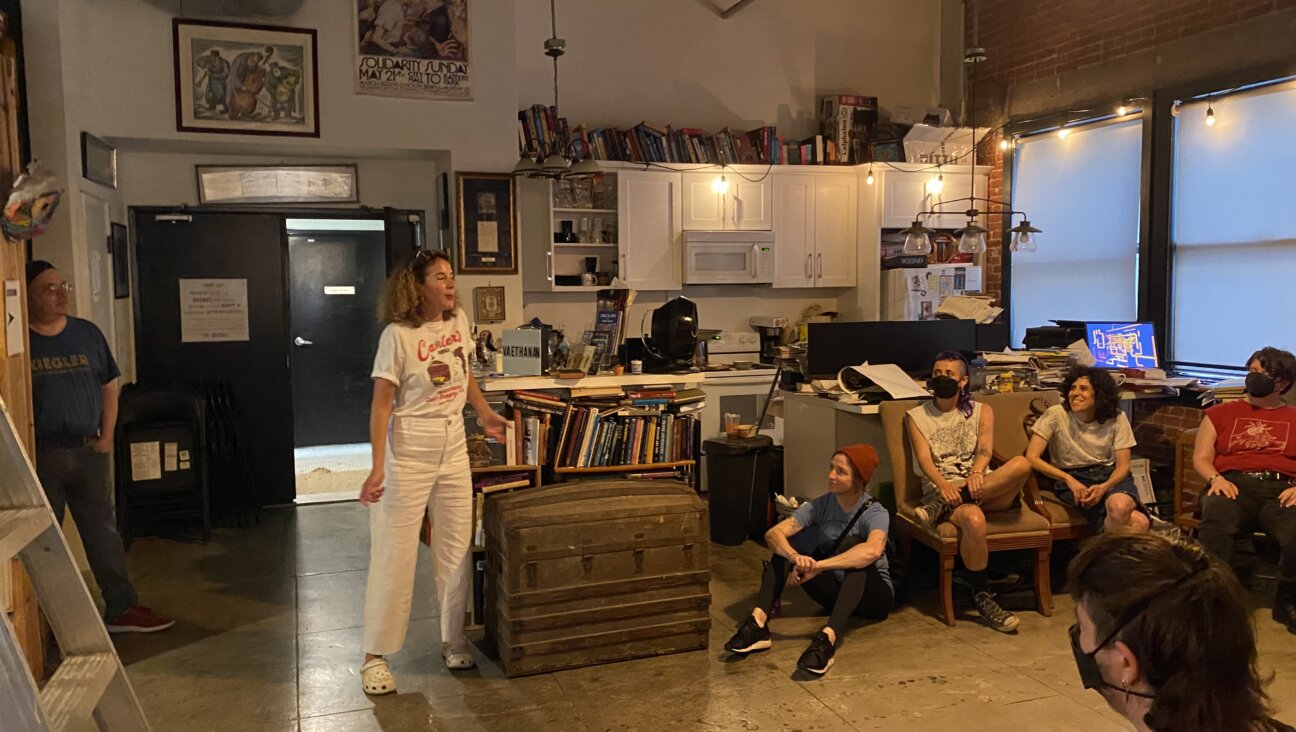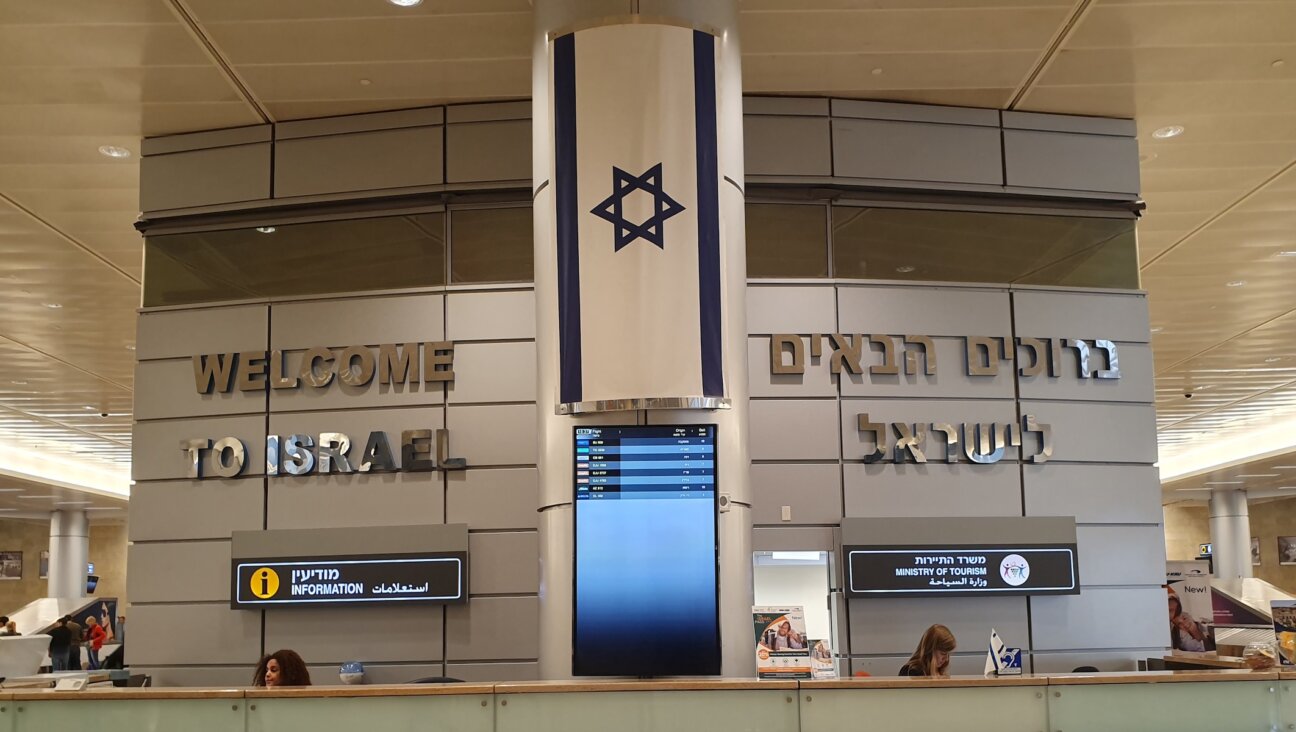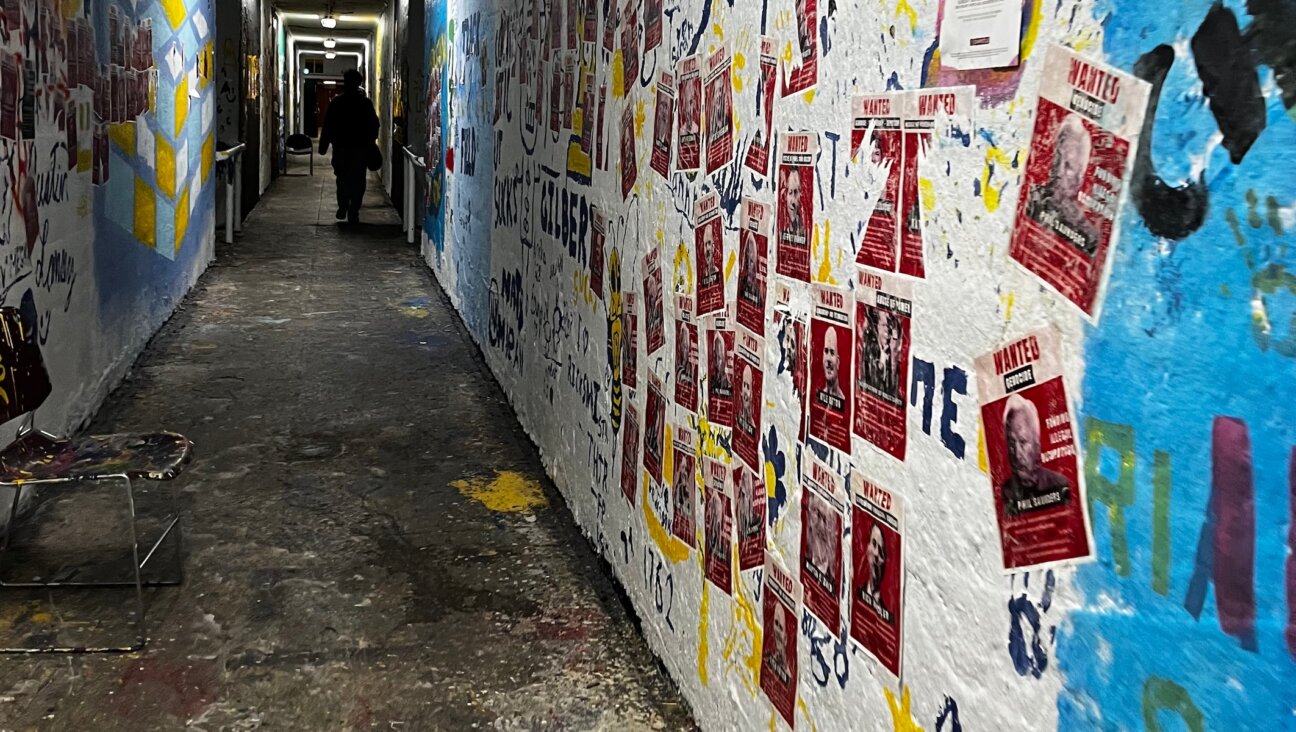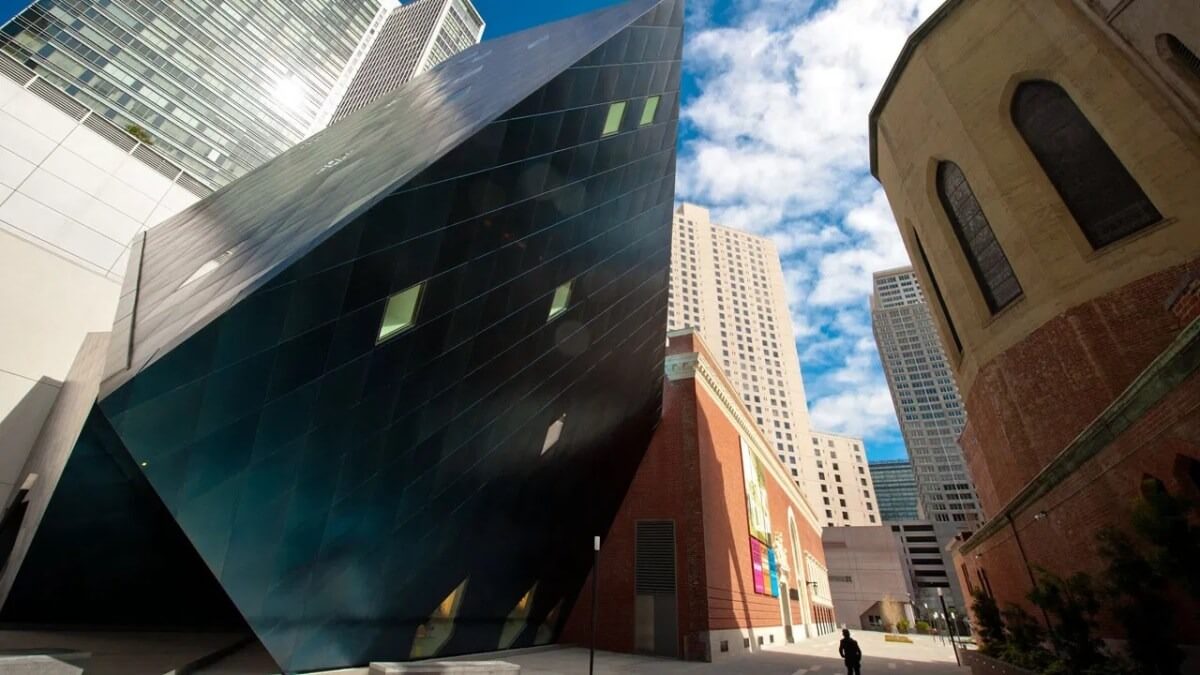Labor Party Claims Victory After Municipal Elections
JERUSALEM — In a sign of voter apathy, only 41% of registered voters participated in Tuesday’s municipal elections, the lowest turnout in Israel’s history.
The election, however, was a victory for Israel’s center-left Labor Party, which has not held power in the national government for three years. The center-right Likud bloc lost control of three of the five major cities it ruled before Tuesday, while candidates from Labor, or associated with Labor, won two more seats, leaving Labor in control of eight of the nation’s 12 largest cities. In many of the smaller cities, the candidates running as independents scored victories.
Most incumbent mayors were re-elected, among them Ron Huldai of Tel Aviv, Zvi Bar of Ramat Gan and Ze’ev Bielsky of Ra’anana. Israel’s two women mayors, Yael German of Herzliya and Miriam Feirberg of Netanya, also were re-elected. Former Shin Bet chief Carmi Gillon was elected mayor of Jerusalem suburb Mevasseret Zion.
Run-off elections are scheduled in 10 localities, including the coastal cities of Kfar Saba, Eilat, Ashkelon and Kiryat Shmona, because no candidate managed to win more than 40% of the vote.
The highest turnouts were recorded in the Arab sector, with the Jerusalem-area village of Abu Ghosh, for example, showing 93% voter participation. The overall voter turnout in 156 communities was significantly less than the last municipal elections in November 1998, when 57.4% voted. No elections were held in Haifa and Jerusalem, where special elections took place in June.
Tel Aviv registered the lowest turnout, with only 27% of its voters casting ballots, Huldai coasted to re-election with 62% of the vote. His allies, however, did not prevail on the city council, where his faction finished with four seats behind the left-wing Meretz, which won six led by former Knesset member Yael Dayan. Shinui, a centrist party that promises “change,” won two seats in Tel Aviv.
In Ra’anana, Bielsky won 78% of the vote, but in a surprise upset, the fledgling Darchei Noam party — challenging the National Religious Party’s exclusive representation of the religious public — outpolled the NRP and garnered the third-highest vote total of any party in the city. Darchei Noam, which put together a grassroots coalition of Jews including religious and secular, Sephardi and Ashkenazi, Anglo and native Israeli, is expected to join Bielsky’s coalition and be given the coveted education portfolio.
“We brought a spirit of ‘Diaspora Democracy’ to Israel and proved that there is still such a thing as representative government here, even within the framework of the Israeli model,” said Rabbi Stewart Weiss, who ran on the Darchei Noam list. “Openness, accountability and a vision for the future w.ere the primary elements of our platform that caught the imagination of the public.”
As soon as the polls closed at 10 p.m. on Tuesday, party leaders immediately claimed victory. “The people have had their word, they showed their attitude including by the low turnout,” Labor Knesset member Eitan Cabel, who headed the party’s municipal election campaign headquarters, told reporters that night. “They expressed their frustration and despair at the government’s policies.”
Likud Knesset member Roni Bar-On was quoted as saying that the results showed that the sides had scored a “respectable tie.” Likud tried to downplay its loss of three mayoralties as not being an indicator of a national consensus, but Shalom Yerushalmi, political analyst for Ma’ariv, said, “You can’t separate the local elections completely from the general picture. These elections were very important for the prime minister.”
Shinui, which had candidates running in 60 municipalities, saw none of its 13 candidates for mayor or council head win. Nevertheless, with votes still being counted Wednesday morning, party leaders were expecting to win some 100 council seats across the country, thus enabling the party to claim local wins.
Many commentators focused on the high number of independents as defining this week’s political change.
“These elections were characterized by many of the candidates’ clear propensity to disassociate themselves from the Likud and Labor parties and to run on independent or multiparty tickets,” said Eli Kazhdan, a political consultant and former executive director of Yisrael B’Aliya. “The message was clear: We need to deal with the local issues at hand, and narrow party affiliations are detrimental to our success.”
Yossi Verter, writing for Ha’aretz, said that it was not a matter of party loyalty as much as mayors who proved themselves worthy being reelected for the second and third time, while mayors who let their constituents down were booted out of office.
“The municipal elections will be remembered mainly for the low and worrisome turnout,” Verter wrote. “Some may say that the voters have come to despise politics and its representatives. Some will see it as a sign of the public’s helplessness, after three years of intifada, terror attacks and killings. The existential despair has overcome the local despair.”
What it could mean for future municipal elections, he wrote, is that the number of independent candidates will increase and the power of the parties will diminish, a convenient solution for all sides: The candidates will be able to form wider coalitions without bearing any political baggage, while the parties will be able to dedicate their time to national affairs.
Ron Dermer, a political pollster and strategist, discounted the idea that the vote was a protest against Likud, because “had this been a clear popular expression of resentment toward the government policy, then you would have seen huge numbers turn out to vote against the Likud. And it just didn’t happen. The fact that Labor was not able to make substantial gains in this election means one of two things: Either that there is not popular dissatisfaction with the Likud, or Labor is not a party that is capable of capitalizing on this dissatisfaction.”
He said the low turnout was a result of the fact that two of the three biggest cities did not hold elections, resulting in reduced media coverage and thus less interest.
Moreover, Dermer said, it was not so much apathy, but voter burnout from elections. “This is the fifth time the Israeli public has been asked to vote in the last four years,” he said. “That’s a lot for the Israeli public. They are usually asked to vote twice in five years.”
A message from our CEO & publisher Rachel Fishman Feddersen

I hope you appreciated this article. Before you go, I’d like to ask you to please support the Forward’s award-winning, nonprofit journalism during this critical time.
At a time when other newsrooms are closing or cutting back, the Forward has removed its paywall and invested additional resources to report on the ground from Israel and around the U.S. on the impact of the war, rising antisemitism and polarized discourse.
Readers like you make it all possible. Support our work by becoming a Forward Member and connect with our journalism and your community.
— Rachel Fishman Feddersen, Publisher and CEO






















